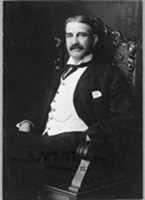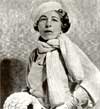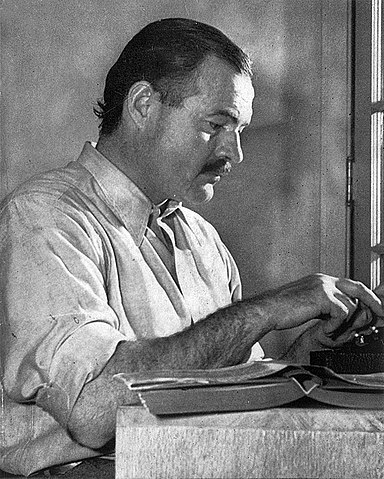
Matthew Battles
Born: 1968 in Petersburg, Illinois
Connection to Illinois: Battles was born and raised in Petersburg. He received a B.A. in anthropology from the University of Chicago in 1992. Biography: Matthew Battles is a maker and thinker whose work merges literary, scholarly, and artistic forms of inquiry. His writing on the cultural dimensions of science and technology appears such venues as The American Scholar, The Atlantic, Harper’s Magazine, and The New York Times.
Awards:
LinkedIn: https://www.linkedin.com/in/matthew-battles-03b12860
Web: https://www.matthewbattles.org/
Web: https://cyber.harvard.edu/people/mbattles
Wikipedia: https://en.wikipedia.org/wiki/Matthew_Battles
WorldCat: http://www.worldcat.org/search?q=Matthew++Battles
Selected Titles
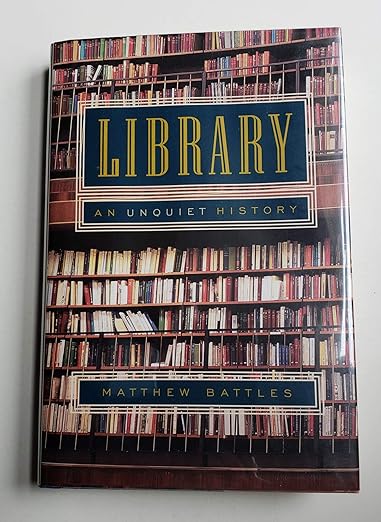 |
Library: An Unquiet History ISBN: 0393020290 OCLC: 51305782 W. W. Norton 2003 "From the clay-tablet collections of ancient Mesopotamia to the storied Alexandria libraries in Egypt, from the burned scrolls of China's Qing Dynasty to the book pyres of the Hitler Youth, from the great medieval library in Baghdad to the priceless volumes destroyed in the multi-cultural Bosnian National Library in Sarajevo, the library has been a battleground of competing notions of what books mean to us. Battles explores how, throughout its many changes, the library has served two contradictory impulses: on the one hand, the urge to exalt canons of literature, to secure and worship the best and most beautiful words; on the other, the desire to contain and control all forms of human knowledge."--Jacket. |
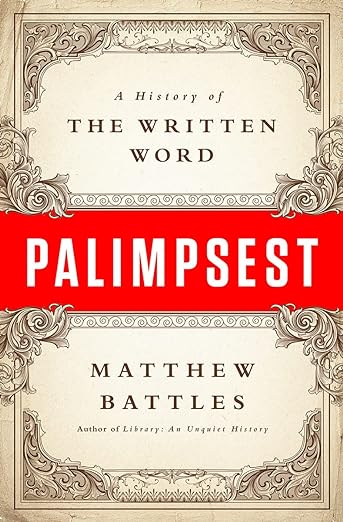 |
Palimpsest: A History of the Written Word ISBN: 0393058859 OCLC: 783163653 W. W. Norton & Company 2015 A profound, eloquent meditation on the history of writing, from Mesopotamia to multimedia. Why does writing exist? What does it mean to those who write? Born from the interplay of natural and cultural history, the seemingly magical act of writing has continually expanded our consciousness. Portrayed in mythology as either a gift from heroes or a curse from the gods, it has been used as both an instrument of power and a channel of the divine; a means of social bonding and of individual self-definition. Now, as the revolution once wrought by the printed word gives way to the digital age, many fear that the art of writing, and the nuanced thinking nurtured by writing, are under threat. But writing itself, despite striving for permanence, is always in the midst of growth and transfiguration. Celebrating the impulse to record, invent, and make one's mark, Matthew Battles reenchants the written word for all those susceptible to the power and beauty of writing in all of its forms. |
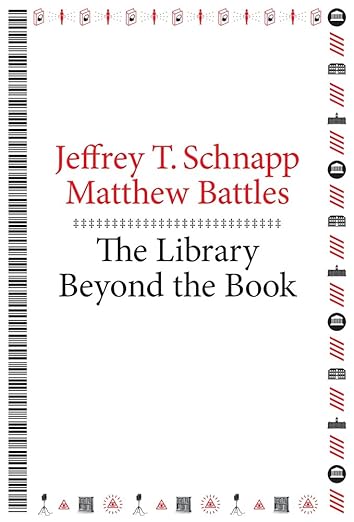 |
The Library Beyond the Book ISBN: 0674725034 OCLC: 861478375 Harvard University Press 2014 With textbook readers and digital downloads proliferating, it is easy to imagine a time when printed books will vanish. Such forecasts miss the mark, argue Jeffrey Schnapp and Matthew Battles. Future bookshelves will not be wholly virtual, and libraries will thrive although in a variety of new social, cultural, and architectural forms. Schnapp and Battles combine deep study of the library s history with a record of institutional and technical innovation at metaLAB, a research group at the forefront of the digital humanities. They gather these currents in The Library Beyond the Book, exploring what libraries have been in the past to speculate on what they will become: hybrid places that intermingle books and ebooks, analog and digital formats, paper and pixels. Libraries have always been mix-and-match spaces, and remix is their most plausible future scenario. Speculative and provocative, The Library Beyond the Book explains book culture for a world where the physical and the virtual blend with ever increasing intimacy. --Publisher's description. |
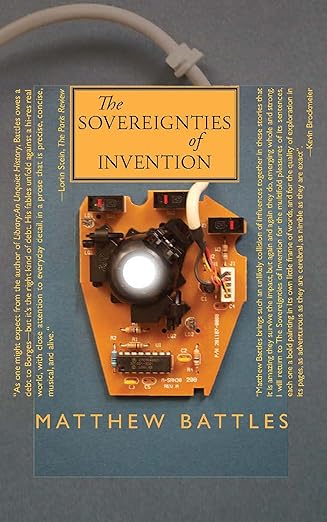 |
The Sovereignties of Invention ISBN: 1935869124 OCLC: 876507421 Red Lemonade Brooklyn, N.Y. : 2012 Matthew Battles does not write stories that move, develop or unfold. He creates worlds that hiss, snap, and rattle, and decorates them with objects that brood in black, glassine silence, or crumble into dusty revelation. Characters are left to grab at scraps of reality sent whipping about them at hurricane force. Ideas "run faster than memory can sieve them from the flow," leaving vaporous reverie to fill the vacuum - dogs populate trees, demolition men bear holy forgeries, and a slick dark box siphons off synaptic vibrations. In "The Dogs in the Trees," man's best friends deliver an enigmatic rebuke. The protagonist of "The Sovereignties of Invention" is enthralled by a gadget that plumbs the depths of the stream of consciousness. In "The Manuscript of Belz," a librarian ponders the glamor of the book and the bloody limits of cultural experience. And "The Gnomon" seeks in Internet culture the same dark energies limned by Poe. Each story within waits, still, dark and deep, to yield its unique shock of uncanny truth. |
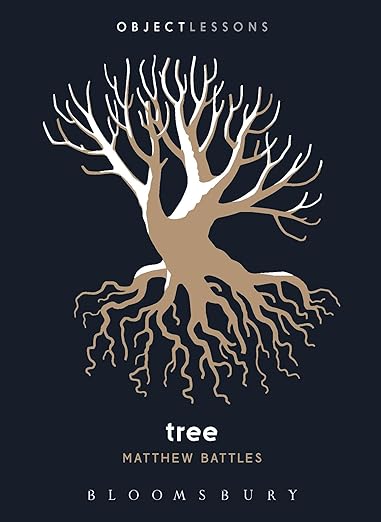 |
Tree (Object Lessons) ISBN: 1628920513 OCLC: 967791360 Bloomsbury Academic 2017 Object Lessons is a series of short, beautifully designed books about the hidden lives of ordinary things. Tree explores the forms, uses, and alliances of this living object's entanglement with humanity, from antiquity to the present. Trees tower over us and yet fade into background. Their lifespan outstrips ours, and yet their wisdom remains inscrutable, treasured up in the heartwood. They serve us in many ways―as keel, lodgepole, and execution site―and yet to become human, we had to come down from their limbs. In this book Matthew Battles follows the tree's branches across art, poetry, and landscape, marking the edges of imagination with wildness and shadow. |
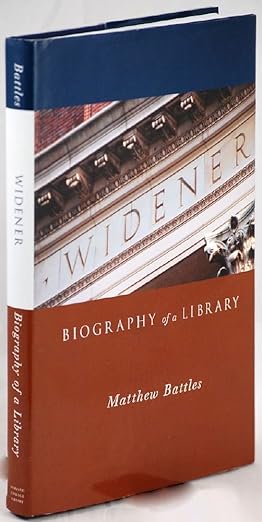 |
Widener ISBN: 0674016688 OCLC: 56647060 Harvard College Library Cambridge, Mass. : 2004 "Since its opening in 1915, the Harry Elkins Widener Memorial Library has led a spirited life as Harvard's physical and, in a sense, its symbolic heart. Originally intended as the memorial to one man, it quickly grew into a symbol of the life of the mind with few equals anywhere - and like all symbols, it has enjoyed its share of contest and contradiction." "With illustrations and narrative, Widener: Biography of a Library is not only a record of benefactors and collections; it is the tale of the students, scholars, and staff who give a great library its life."--BOOK JACKET. |


